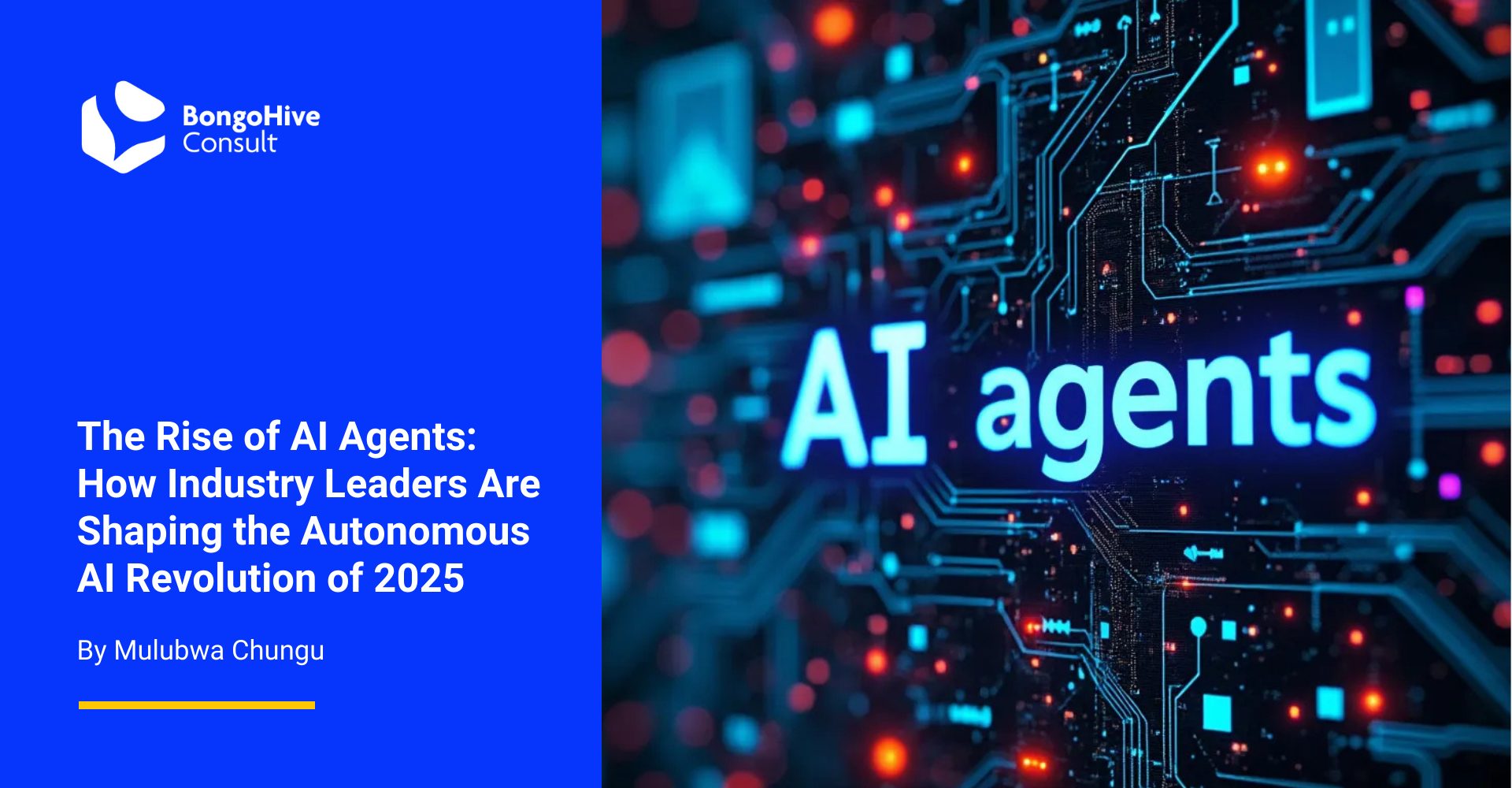
In 2025, AI has evolved beyond passive tools that require constant human direction to become “agents” – autonomous systems that can understand goals, plan steps, execute tasks, and adapt to changing conditions. This shift represents one of the most significant advancements in artificial intelligence, transforming how businesses operate and how individuals interact with technology.
What Makes an AI Agent Different?
Unlike traditional AI systems that perform specific, pre-defined functions, agents possess a combination of capabilities that enable them to work independently:
- Goal-oriented behavior: Agents understand objectives and can break them down into manageable steps
- Self-directed planning: They determine optimal approaches to achieve goals without step-by-step human guidance
- Environmental awareness: Agents can perceive, interpret, and respond to changes in their operational environment
- Tool utilization: Modern agents can select and use various digital tools to accomplish tasks
- Learning and adaptation: They improve over time by remembering successful approaches and adjusting strategies
Industry Leaders on the Agent Revolution
The transformation brought by autonomous AI agents has captured the attention of technology’s most influential leaders, who see these systems as the next frontier in computing.
Microsoft CEO Satya Nadella has positioned his company at the forefront of this shift: “We’re moving from an era where humans had to learn the language of computers to one where computers understand human intent. Autonomous agents represent the next platform shift – they’re not just tools but partners that amplify human creativity and productivity in ways we’re only beginning to understand.”
NVIDIA’s Jensen Huang, whose company’s hardware powers many of these sophisticated AI systems, has been even more emphatic about the significance of this transition: “Agent technology is creating the industrial revolution of our time. Just as steam and electricity transformed physical labor, AI agents are transforming knowledge work, creating efficiencies and capabilities that were simply impossible before.”
OpenAI’s Sam Altman, whose company pioneered several breakthroughs enabling today’s agents, takes a more measured but optimistic view: “The most powerful technology is invisible – it just works. The best agents aren’t those that call attention to themselves but those that quietly solve problems in the background, freeing humans to focus on what matters most to them. We’re still early in this journey, but the potential to improve human productivity and creativity is unprecedented.”
Agents in Action: Transforming Industries
Enterprise Digital Transformation
The impact of agents on large enterprises has been profound. Google Cloud CEO Thomas Kurian noted, “We’re seeing enterprise clients deploy agent architectures that can autonomously manage entire business processes – from procurement to customer service. The ROI isn’t incremental; it’s transformational.”
Microsoft has integrated agent capabilities throughout its productivity suite, enabling what Nadella calls “a continuous productivity loop” where agents proactively organize information, draft communications, and manage routine tasks with minimal human oversight.
Software Development Revolution
In software development, agents have moved beyond code completion to become full collaboration partners. GitHub CEO Nat Friedman describes the change: “Today’s coding agents don’t just suggest lines of code – they understand system architecture, business requirements, and can refactor entire codebases autonomously. The nature of programming is fundamentally changing.”
Jensen Huang has highlighted how NVIDIA’s own development processes have been transformed: “Our engineers now spend 80% of their time on innovation rather than implementation. The agents handle routine coding, testing, and integration, dramatically accelerating our ability to bring new products to market.”
Financial Services Transformation
In finance, agents are revolutionizing everything from fraud detection to investment management. JPMorgan Chase CEO Jamie Dimon noted in his annual letter to shareholders: “Our AI agents now monitor transactions across our entire network in real-time, identifying potential fraud patterns that would be impossible for human analysts to detect. This capability has reduced fraud losses by over 40% while improving customer experience.”
BlackRock CEO Larry Fink has been equally enthusiastic about the impact on investment management: “Our autonomous analysis agents process information from thousands of sources simultaneously, identifying market patterns and opportunities faster than any human team could. It’s not about replacing portfolio managers but giving them superhuman capabilities.”
The Human-Agent Partnership
Despite initial fears of job displacement, industry leaders emphasize that the most successful implementations focus on human-agent collaboration rather than replacement.
Sam Altman has been particularly vocal on this point: “The greatest value comes not when agents replace humans but when they complement human capabilities. We need to design these systems to enhance what humans do best – creativity, empathy, ethical judgment – while handling the routine, repetitive tasks that consume too much of our time and energy.”
Satya Nadella echoes this sentiment: “The future of work isn’t about human versus machine but human and machine. Every previous industrial revolution has ultimately created more jobs than it eliminated, and the AI revolution will likely follow the same pattern, though the transition will require thoughtful management.”
Challenges and Responsible Development
Despite their enthusiasm, industry leaders acknowledge significant challenges. Meta CEO Mark Zuckerberg has highlighted governance concerns: “As agents become more autonomous, ensuring they operate within appropriate boundaries becomes critical. We need robust safety mechanisms and oversight systems that grow in sophistication alongside the technology itself.”
Anthropic CEO Dario Amodei emphasizes the importance of alignment: “The central challenge isn’t capability but control – ensuring these increasingly powerful systems remain aligned with human values and intentions. This isn’t just a technical problem but a philosophical one that requires collaboration across disciplines.”
Looking Forward
Looking ahead, Jensen Huang envisions agents as the foundation for the next computing paradigm: “Just as mobile replaced desktop and cloud replaced on-premise, agent-based computing will become the dominant paradigm for how we interact with technology. The companies that master this transition will define the next decade of technology.”
Sam Altman takes a longer view: “We’re still in the early stages of understanding what’s possible with autonomous agents. The systems we have today will seem primitive compared to what’s coming, but getting this transition right – technically, ethically, and socially – is perhaps the most important technological challenge of our time.”
As 2025 progresses, what’s becoming increasingly clear is that agent technology isn’t just another feature but a fundamental shift in how we build and interact with computing systems – one that promises to reshape industries, create new capabilities, and potentially redefine the relationship between humans and technology.
 BongoHive
BongoHive